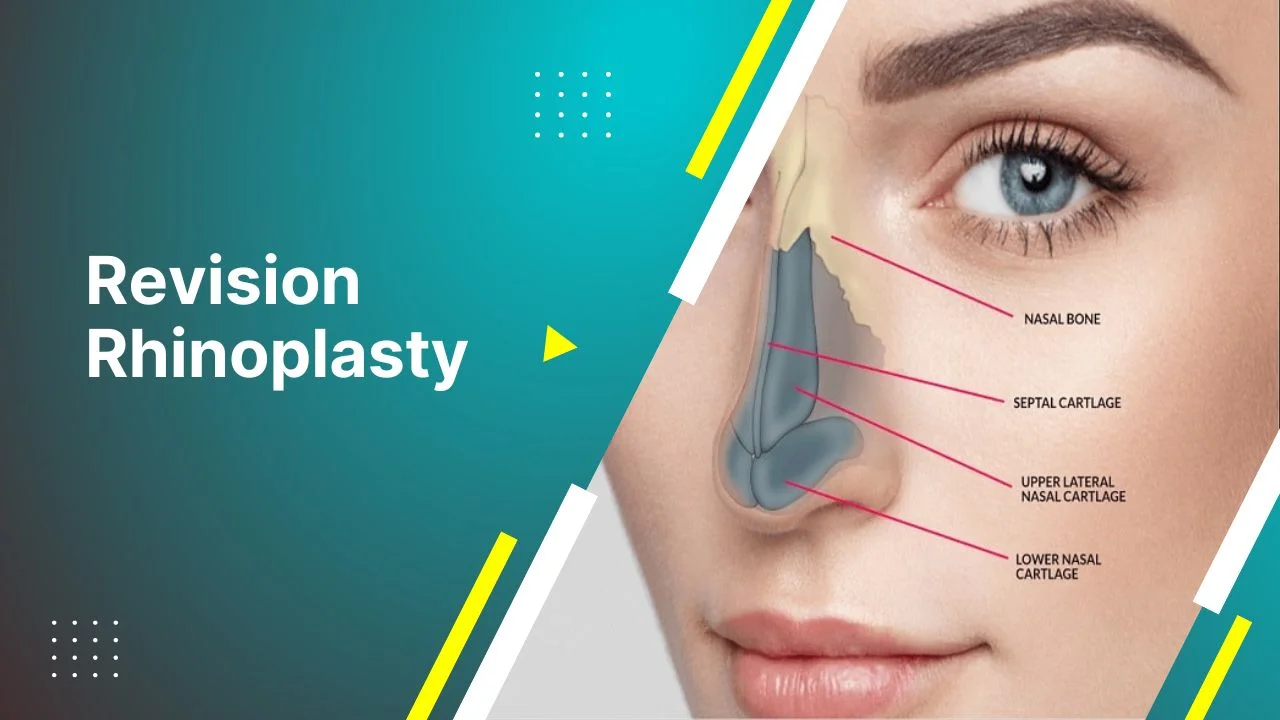Undergoing cosmetic surgery is not just a physical transformation—it’s also an emotional journey that requires mental preparation. While procedures like rhinoplasty, facelifts, or body contouring can enhance appearance and boost self-confidence, they also come with expectations, emotional adjustments, and a recovery period that requires patience. It’s essential to have a realistic outlook on the results and understand that healing takes time before the final outcome becomes visible. Before surgery, many individuals experience a mix of excitement, nervousness, and even self-doubt, making it crucial to prepare mentally. Consulting with your surgeon, discussing your motivations, and seeking support from loved ones can help build confidence and emotional readiness. Additionally, being aware of the post-surgery emotional phases, including temporary swelling or adjustment anxiety, can make the process smoother. In this guide, we’ll explore the psychological aspects of cosmetic surgery, offer tips for mental preparation, and help you set the right mindset for a positive and fulfilling transformation.
Managing Expectations: What Cosmetic Surgery Can and Cannot Achieve
Cosmetic surgery can be a powerful tool for enhancing appearance and boosting self-confidence, but it is essential to have realistic expectations about what it can and cannot achieve. Procedures like rhinoplasty, facelifts, or body contouring can refine features, improve symmetry, and restore a more youthful look, but they do not create perfection or completely alter one’s identity. It’s important to understand that every individual’s anatomy is unique, meaning results will vary based on factors like skin elasticity, bone structure, and healing ability. Additionally, while surgery can improve self-esteem, it should not be viewed as a solution for deeper emotional or psychological concerns. Open communication with a qualified surgeon, reviewing potential outcomes, and understanding the recovery process are key to ensuring satisfaction with the results. By setting realistic goals and approaching cosmetic surgery with a balanced mindset, patients can achieve natural-looking enhancements and feel more confident in their appearance.
The Role of Mental Preparation in Recovery and Satisfaction
Mental preparation and health plays a crucial role in both the recovery process and overall satisfaction with cosmetic surgery results. A positive and stable mindset can contribute to smoother healing, better pain management, and a more optimistic outlook during recovery. Since cosmetic procedures often require patience and emotional resilience, individuals who prepare mentally for potential temporary swelling, bruising, or adjustments in appearance are more likely to have a stress-free recovery. Additionally, those with a healthy self-image and realistic expectations tend to feel more satisfied with their results in the long term. On the other hand, individuals struggling with body dysmorphia or seeking surgery as a solution for deeper emotional issues may experience dissatisfaction, even with successful outcomes. This is why pre-surgical counseling and open communication with a trusted surgeon are essential. By prioritizing mental well-being before and after surgery, patients can enhance both their physical healing and emotional confidence, leading to a more fulfilling transformation.
Seeking Support: Counseling and Support Groups for Cosmetic Surgery Patients
Undergoing cosmetic surgery is a significant decision that can bring both excitement and emotional challenges, making psychological support an important part of the journey. Many patients benefit from counseling before and after surgery to help manage expectations, address self-image concerns, and navigate the emotional ups and downs of the healing process. Speaking with a mental health professional can provide valuable guidance, especially for those experiencing anxiety, post-surgery mood shifts, or concerns about their results. Additionally, support groups—whether in-person or online—offer a sense of community where individuals can share their experiences, ask questions, and find reassurance from others who have undergone similar procedures. Connecting with a supportive network of friends, family, or fellow patients can help individuals feel more confident, informed, and emotionally prepared throughout their transformation. Seeking emotional support is just as important as physical healing, ensuring a positive mindset and overall satisfaction with the cosmetic surgery experience.






